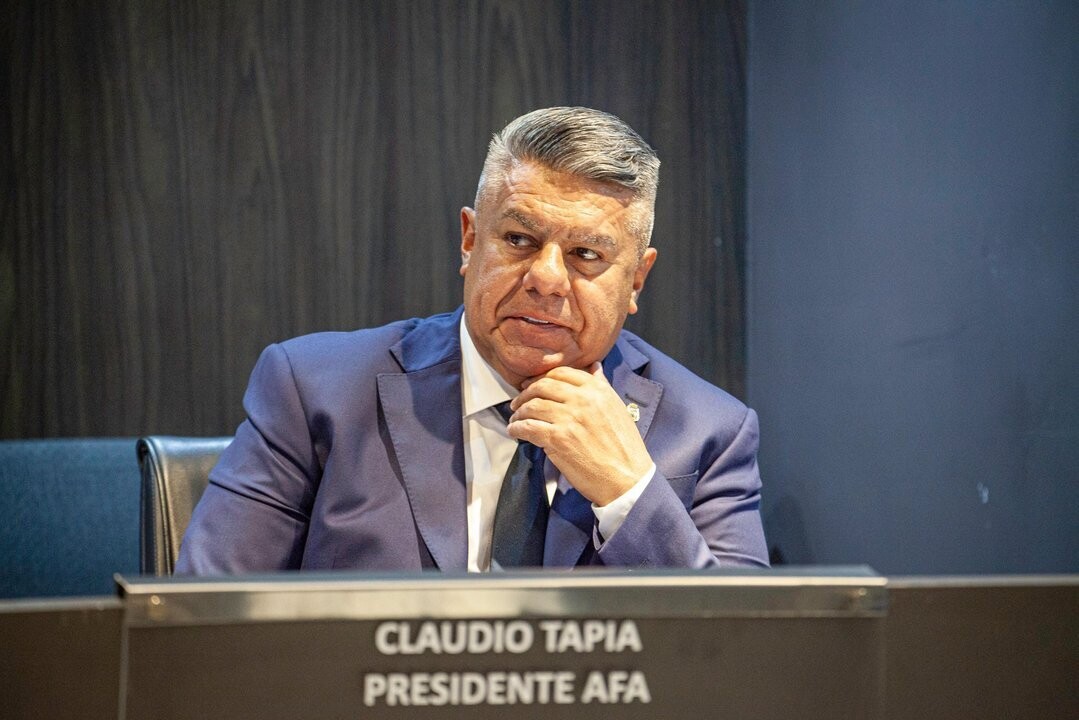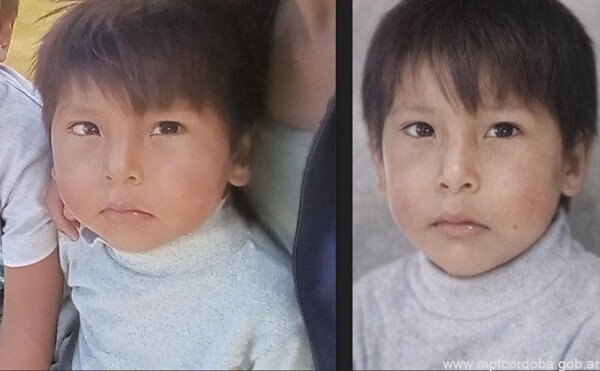
The Talleres de Córdoba team filed a complaint with the General Inspection of Justice (IGJ), alleging that the AFA had irregularly called an assembly to elect and renew its board of directors and executive committee, when they still had a year left in their term. They expressed that this action affected not only them but also the other clubs, given that a year is enough time for various events to occur.
At the AFA Assembly, held recently, the reelection of Claudio Tapia as president for the period 2024-2028 was unanimously approved, as well as the elimination of relegations from the Professional Football League, with the goal of having a 30-team tournament in 2025. One of the most noteworthy points was the ratification of the only list that included Tapia as president until 2028, with figures like Juan Román Riquelme and Pablo Toviggino in relevant positions.
The ascending and descending framework of the Professional Football League was one of the topics addressed, where the cancellation of relegations for the current season was decided and the inclusion of two promotions from the Primera Nacional to configure a tournament with 30 teams in 2025 in Argentine football. The director of the IGJ, Daniel Vítolo, indicated that the AFA attempted to advance the elections of the board of directors a year earlier than planned, which led to the complaint from Talleres de Córdoba due to the perceived disadvantage.
The court granted AFA’s appeal and confirmed the agreements adopted in the Ordinary General Assembly on October 17 at the Ezeiza facility. Among these were the elimination of relegations for the Professional Football League and the reelection of Claudio Tapia as president for the period 2024-2028. Additionally, it was established that the IGJ should not intervene in such decisions, as it is an administrative body without jurisdiction over judicial processes.














